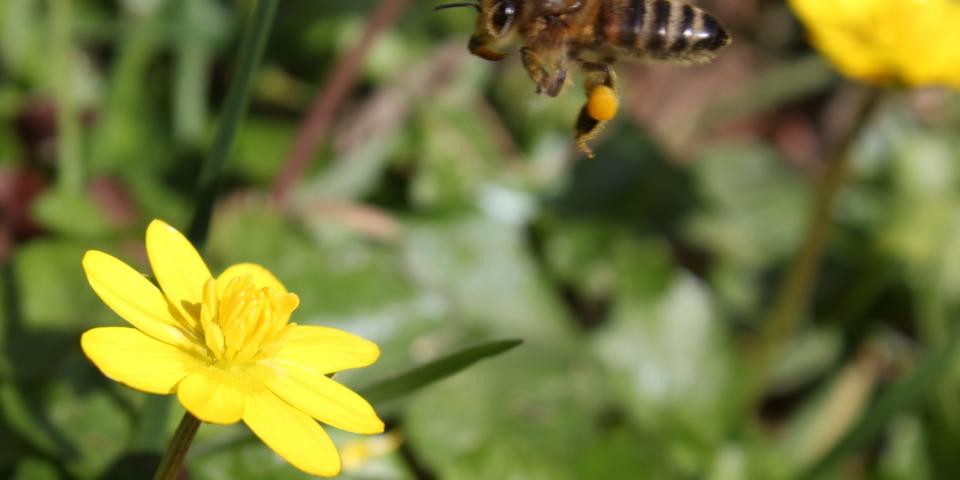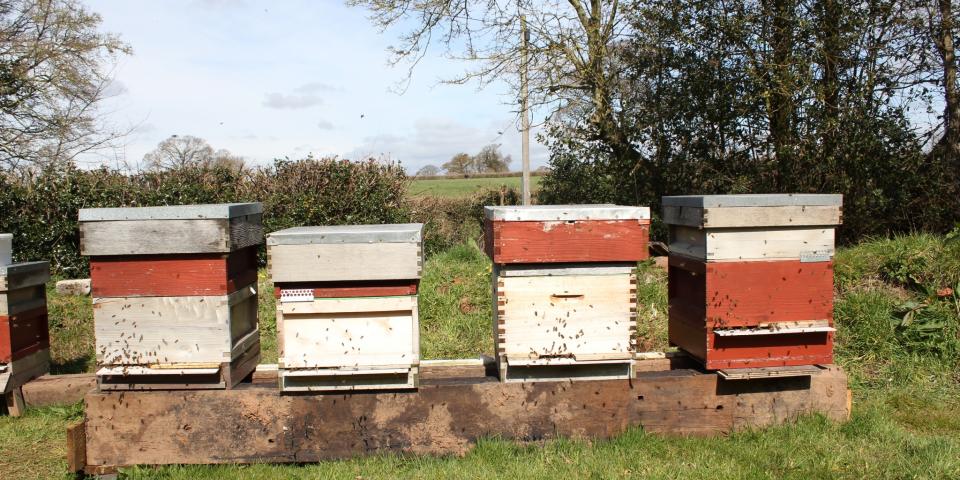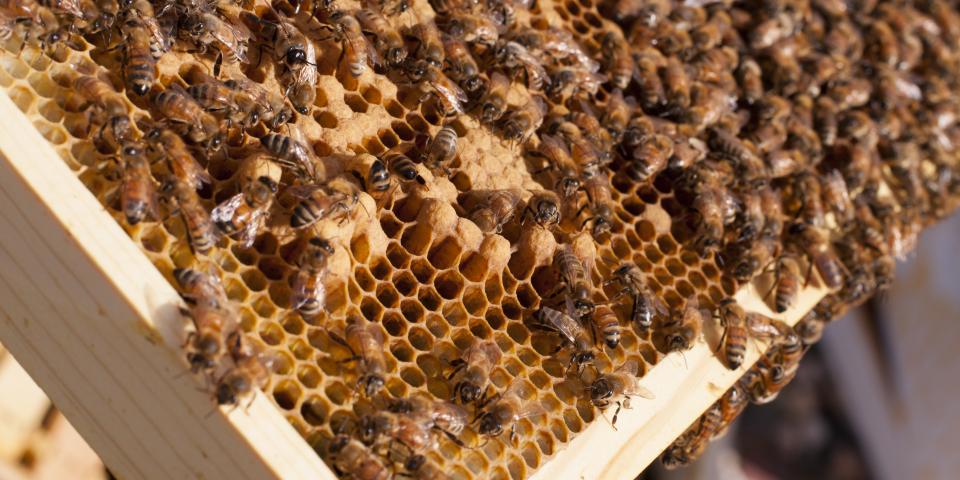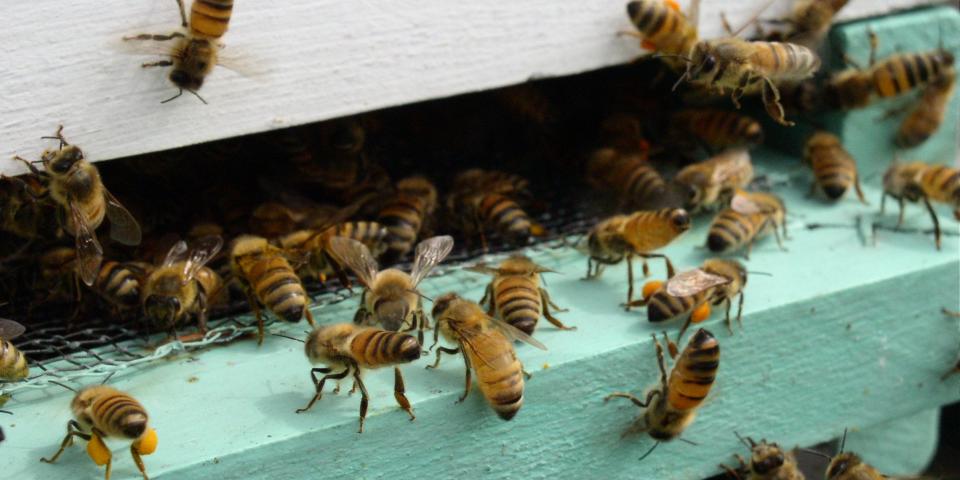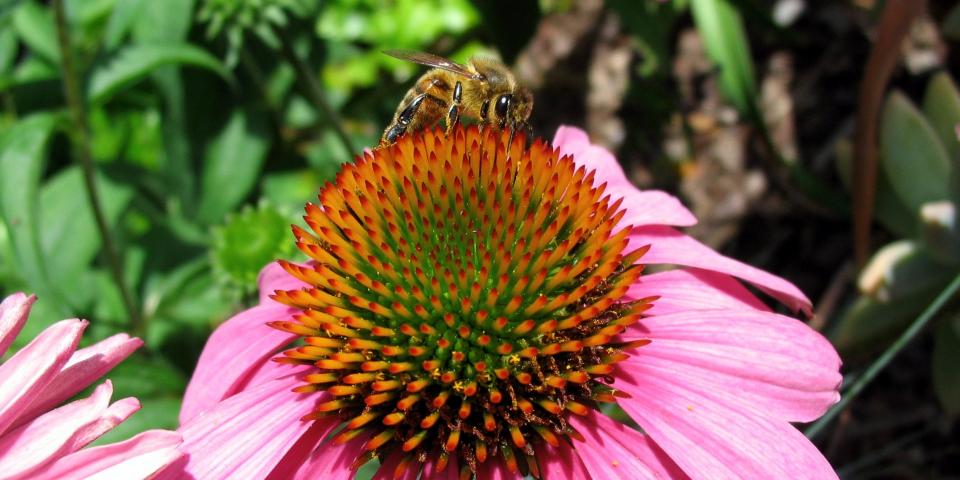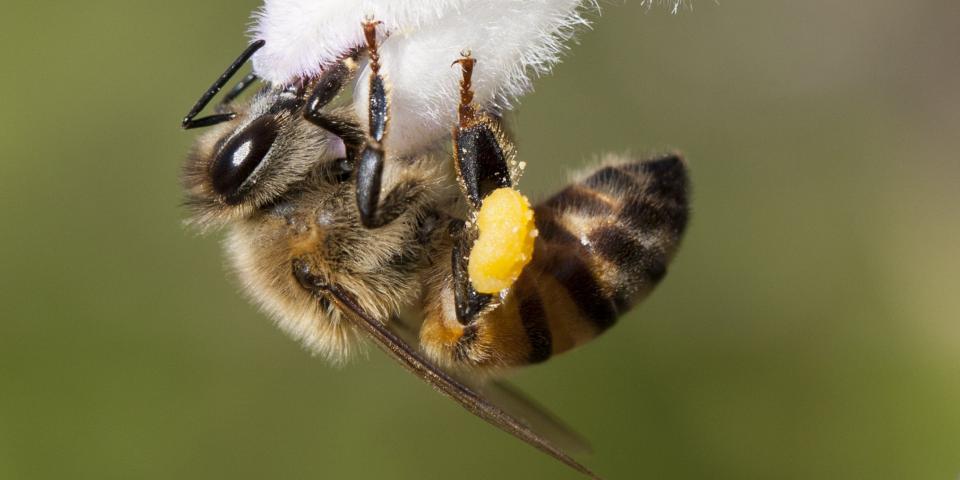- In:
- Posted By: beekeeper
- Comments: 0
Shaken but not stirred
This weekend brings to a close the Exeter branch Beginners' Beekeeping Course with the last practical session at the apiary on Saturday. At the first practical, the place was really buzzing with bees. With 17 colonies the sound just blew me away as the girls were out on possibly their first flights of the season to go and forage for nectar and pollen.

